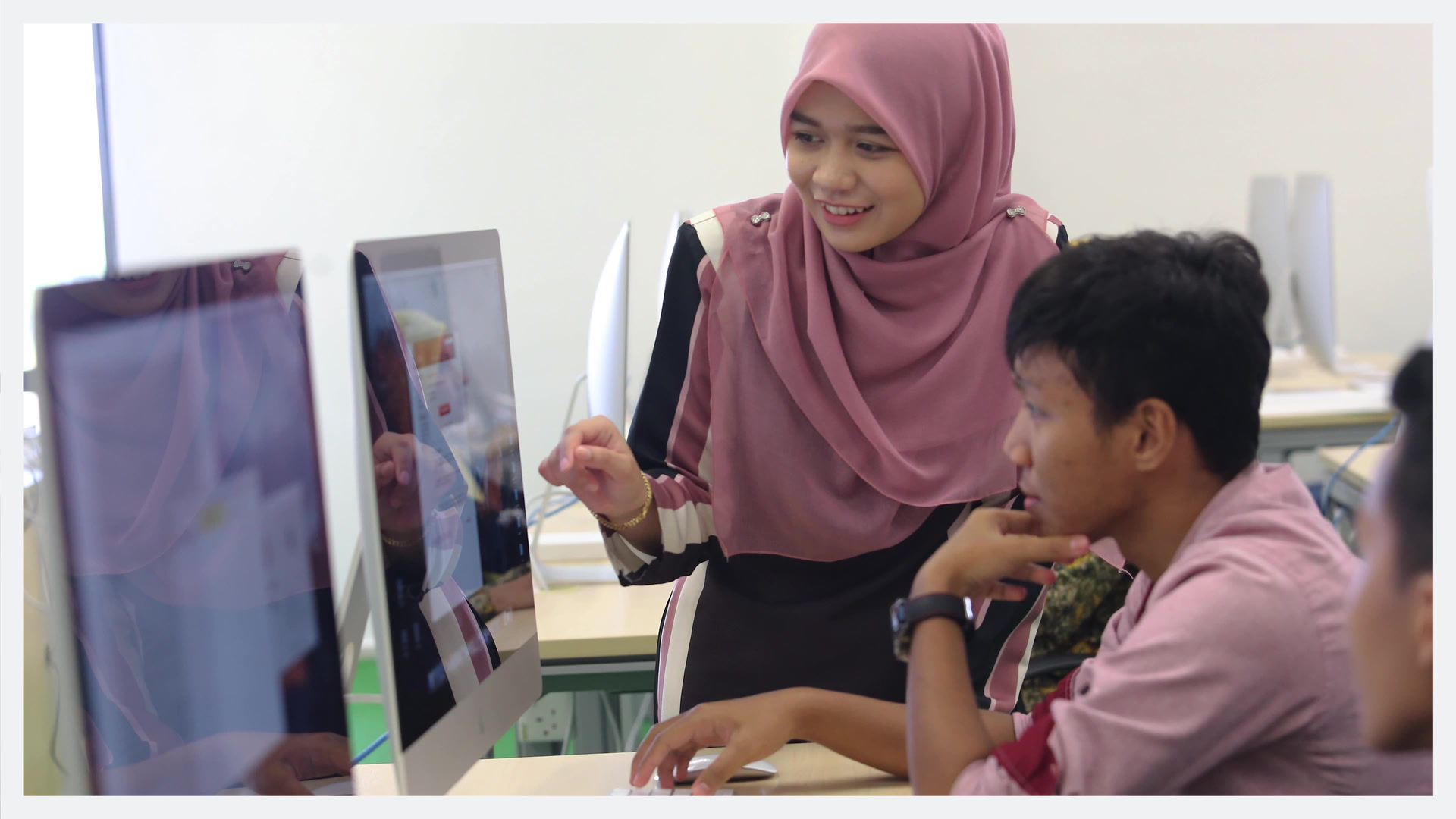Japan's parliament has more women and disabled members than ever

Reiwa Shinsengumi party's disabled lawmaker Yasuhiko Funago, who has amyotrophic lateral sclerosis (ALS), and Eiko Kimura, who has cerebral palsy, prepare to leave the hall after attending the opening of an extraordinary session of parliament in Tokyo, Japan Image: REUTERS/Kim Kyung-Hoon

Get involved with our crowdsourced digital platform to deliver impact at scale
Stay up to date:
Japan
Japan's parliament opened a special session on Thursday with its most diverse upper house yet, including more women, two severely disabled members and the first openly gay male lawmaker, all of whom were elected last month.
Newly crowned Emperor Naruhito read from a scroll in a ceremony attended by members of both houses.
Workers had removed chairs in the upper house to make room for the wheelchairs of the two disabled members, Eiko Kimura and Yasuhiko Funago, whose July 21 election wins point to changing attitudes in Japan, which has long kept disabled people hidden.
"I'm surprised to see that so many people have come," Funago said through an aide who followed his eye movements as they scanned an array of Japanese letters in front of him. "I'll try to meet people's expectations."
Both Funago, who has Amyotrophic Lateral Sclerosis, or ALS, a progressive disease that leads to loss of muscle control, and Kimura, who has cerebral palsy, ran from a small opposition group, the Reiwa Shinsengumi.
Last month's elections also brought in 28 women, taking to 56 the total number of female members in the 245-seat upper house, or nearly 23 percent, up from 21 percent before.
But in the more powerful lower house, women make up just 10 percent of the 465 members. In the two chambers taken together, women make up 14.5 percent of members, below a global average of 24.3 percent, data from the Inter-Parliamentary Union shows.
Also present at the opening was Taiga Ishikawa, the nation's first openly gay male MP. He won a seat with support from the Constitutional Democratic Party of Japan, the largest opposition party, which had made diversity a campaign slogan.
Prime Minister Shinzo Abe's Liberal Democratic Party and coalition partner Komeito control majorities in both houses of parliament.
Apart from taking out seats, this week's renovations in the upper house involved removing a step and adding electric outlets for medical devices and computers, while a temporary ramp was built at the main entrance.
Disability experts say the elections of Kimura and Funago are welcome developments but greater changes are needed, even as Japan prepares to host the Paralympic Games next year after the Olympics.
People with physical or intellectual disabilities, as well as those with mental disorders, make up about 8 percent of Japan's population.
Don't miss any update on this topic
Create a free account and access your personalized content collection with our latest publications and analyses.
License and Republishing
World Economic Forum articles may be republished in accordance with the Creative Commons Attribution-NonCommercial-NoDerivatives 4.0 International Public License, and in accordance with our Terms of Use.
The views expressed in this article are those of the author alone and not the World Economic Forum.
Related topics:
The Agenda Weekly
A weekly update of the most important issues driving the global agenda
You can unsubscribe at any time using the link in our emails. For more details, review our privacy policy.
More on Education and SkillsSee all
Ana Paula Assis
May 10, 2024
Andrea Willige
May 10, 2024
Phil Baty
May 8, 2024
Gayle Markovitz and Kate Whiting
May 2, 2024






